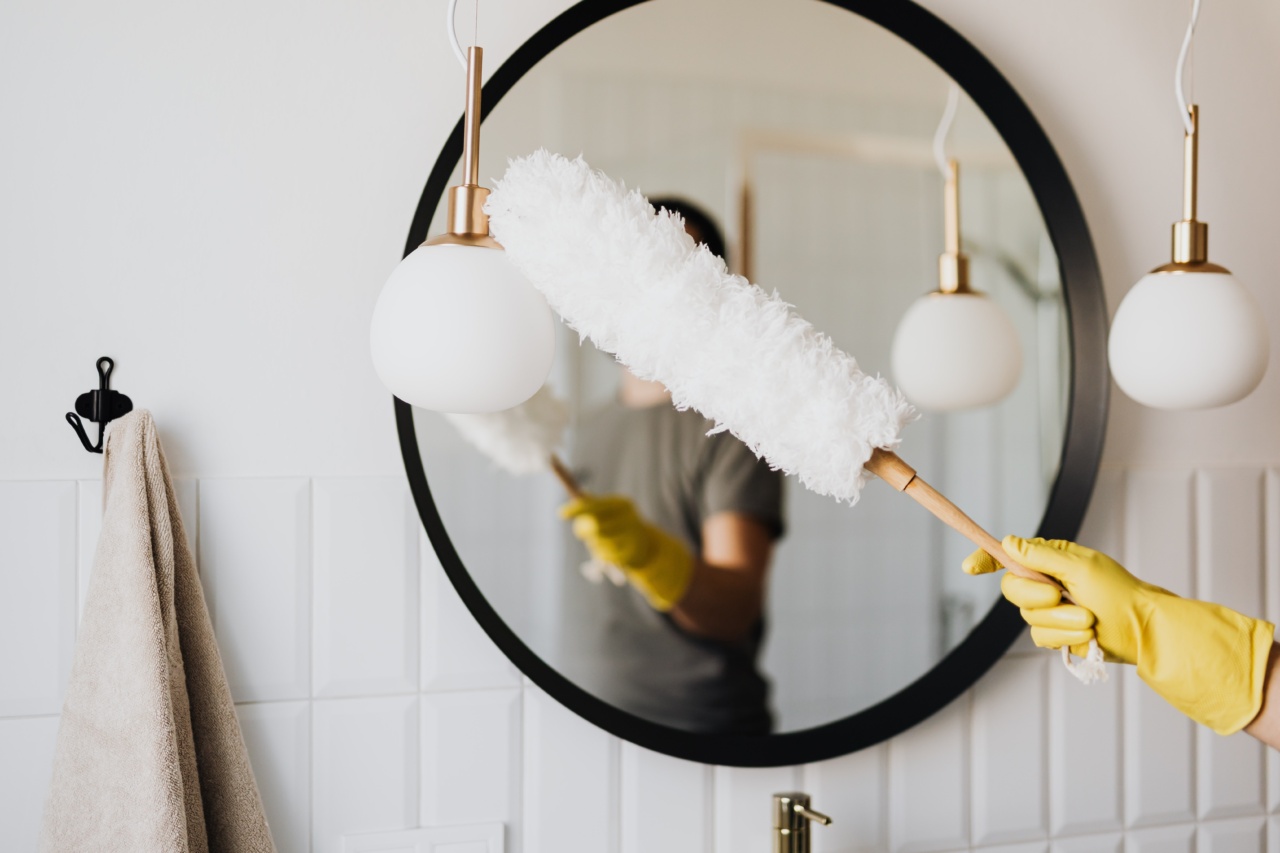Antibiotic resistance has become a global health crisis, threatening the effectiveness of antibiotics in treating bacterial infections. One of the causes of antibiotic resistance is the overuse and misuse of antibiotics, but it is not the only cause.
The use of household cleaning products also contributes to the development and spread of antibiotic-resistant bacteria. In this article, we will explore the impact of household cleaning on antibiotic resistance and provide tips on how to clean your home without contributing to the problem.
What is Antibiotic Resistance?
Antibiotic resistance occurs when bacteria become resistant to the antibiotics used to treat bacterial infections. Bacteria can develop resistance through genetic mutations or by acquiring resistance genes from other bacteria.
The misuse and overuse of antibiotics are significant contributors to antibiotic resistance because they create an environment where bacteria are exposed to antibiotics more frequently, giving them more opportunities to develop resistance.
How Does Household Cleaning Impact Antibiotic Resistance?
Household cleaning products are designed to kill bacteria, but they can also contribute to the development of antibiotic resistance.
These products contain chemicals that can kill bacteria, but if these chemicals are overused or misused, they can create an environment where bacteria become resistant to them. For example, if a household cleaning product kills 99% of bacteria on a surface, the remaining 1% may be the bacteria that are resistant to the chemicals in the product.
These bacteria can then reproduce and spread, creating a population of resistant bacteria.
In addition to creating antibiotic-resistant bacteria, household cleaning products can also impact the effectiveness of antibiotics.
Some of the chemicals in cleaning products can interact with antibiotics, making them less effective in killing bacteria. This can lead to antibiotic treatment failure and the need for stronger antibiotics, which can further contribute to antibiotic resistance.
What Can You Do to Clean Your Home Without Contributing to Antibiotic Resistance?
There are several things you can do to clean your home without contributing to antibiotic resistance:.
1. Use cleaning products as directed
Read the labels on cleaning products and use them as directed. Overusing or misusing cleaning products can create an environment where bacteria become resistant to the chemicals in the products.
2. Avoid using antibacterial products
Avoid using antibacterial products unless they are necessary, such as in healthcare settings. Regular soap and water are effective in removing bacteria from surfaces without contributing to antibiotic resistance.
3. Use natural cleaning products
Consider using natural cleaning products, such as vinegar, baking soda, and lemon juice. These products are effective in cleaning and disinfecting surfaces without contributing to antibiotic resistance.
4. Practice good hygiene
Practice good hygiene by washing your hands regularly, covering your mouth when coughing or sneezing, and avoiding close contact with people who are sick. Good hygiene can help prevent the spread of bacteria and reduce the need for antibiotics.
Conclusion
The use of household cleaning products can contribute to the development and spread of antibiotic-resistant bacteria.
By using cleaning products as directed, avoiding antibacterial products, using natural cleaning products, and practicing good hygiene, you can clean your home without contributing to antibiotic resistance. It is important to remember that antibiotic resistance is a global health crisis, and everyone has a role to play in preventing it.




























